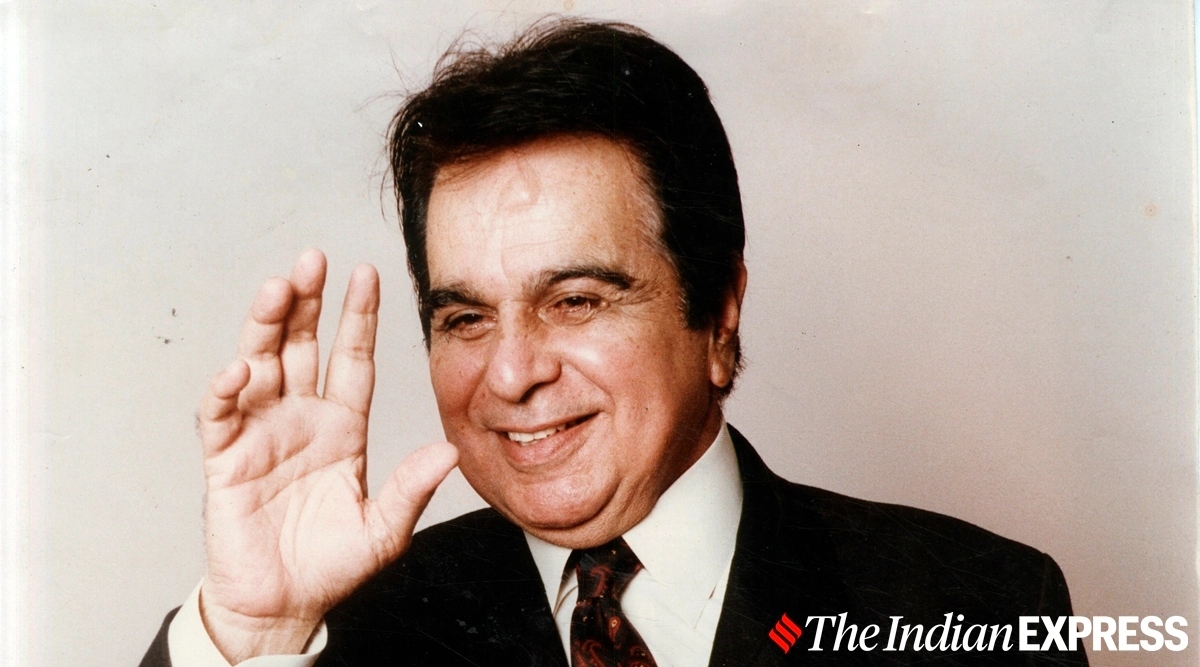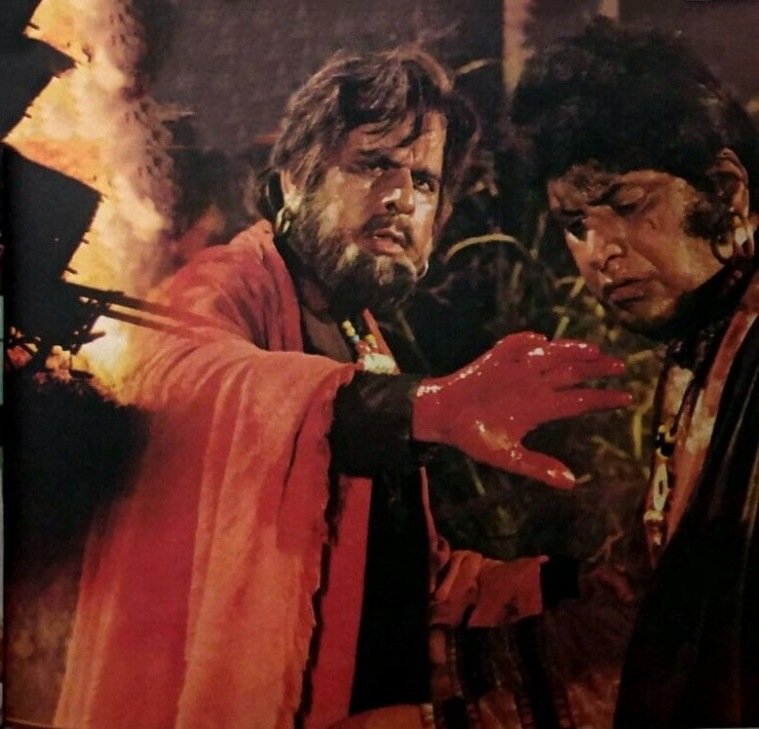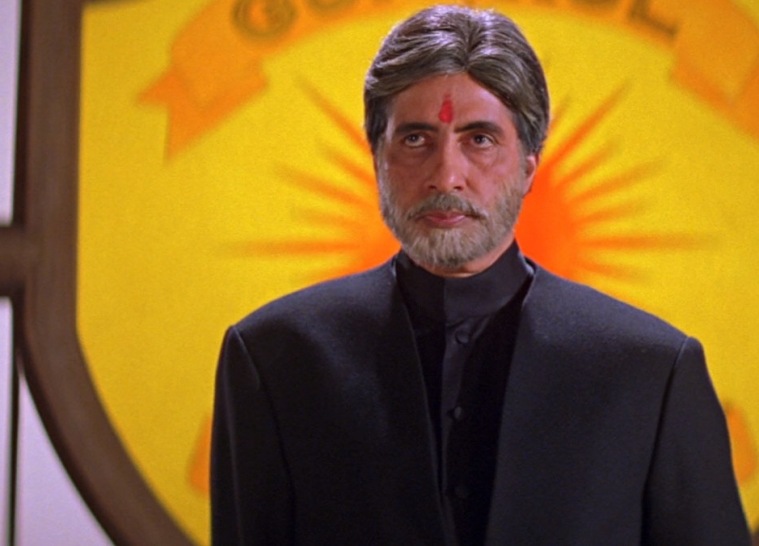 Dilip Kumar turned a new leaf in the 1980s. (Photo: Express Archives)
Dilip Kumar turned a new leaf in the 1980s. (Photo: Express Archives)One of the triumvirate of Raj Kapoor, Dev Anand and Dilip Kumar, the charismatic Kumar — born Yusuf Khan — was among the earliest stars that the Hindi film industry ever saw. But he was so much more than that ephemeral currency — he showed that he had the bones of an actor and the charisma of a star. With films like Devdas, Madhumati, Naya Daur and many others, he created the blueprint of what a Hindi film star could be and decades later, many are still trying to replicate the same formula, and his style. While he was a much respected actor all his life, Dilip Kumar was struggling to create the same magic on screen in the 1970s. He found himself in one mediocre film after another but all of that changed when he took up the role of a freedom fighter in Manoj Kumar’s 1981 film Kranti. The actor passed away last year.
In his memoir Dilip Kumar: The Substance & The Shadow, mentioned that he was thinking of retiring from acting but he could not refuse Manoj Kumar as the actor-director had stood with him during Saira Bano’s health scare during the making of Purab Aur Paschim. Dilip Kumar shared that he had not even read the script of the film, which was quite rare for an actor of his stature, when he agreed to be a part of the film. Kranti, however, paved the way for his second innings.
 Dilip Kumar in a still from Kranti.
Dilip Kumar in a still from Kranti. Even after Kranti, he thought of a life of retirement but that was when Subhash Ghai brought him Vidhaata. Throughout the decade, Dilip Kumar worked in films like Mashaal, Shakti, Karma, Saudagar, which cemented his star status once again. Dilip Kumar had nothing to prove to anyone at this stage of his career, but this phase of his actor introduced him to a new generation of audience. Dilip Kumar was not the central hero in any of these films, but his characters were the trigger for the plot of the film. “All the films I selected at this juncture, be it the period film Kranti or Vidhaata or Shakti or Karma or Saudagar or Mashaal, were chosen because they offered me the satisfying pivotal role in the script,” he wrote in his memoir.
Playing a morally upright cop in Shakti, or a righteous newspaperman who later lets go of his morals in Mashaal, or the wounded old man in Karma, Dilip Kumar was unforgettable in these films because they celebrated him in all his glory. He wrote that these films “had themes that celebrated the courage of the central character to stand up to the odds. I was drawn to the characters and I felt I could make them inspiring and unforgettable if I applied myself to rendering them with conviction and realism.”
Best of Express Premium
Many of his contemporaries had either faded with time, or stuck to the formula that once worked for them. This applies to many stars even today, who are romancing women half their age, or trying to pull off the moves that worked for them a decade ago. The evolution necessary for a film actor to stay relevant across decades has no predefined route, and Dilip Kumar became the blueprint-maker even in that department. Decades later, not many have successfully succeeded in making this transition, except for Amitabh Bachchan. After a dull phase in the 1990s, Big B turned a new leaf with YRF’s Mohabbatein, and that became a turning point in his career. Of course, to some degree Dharamendra, late Vinod Khanna, or a few other male stars appeared in films during their second innings but none of them could recreate what they had once achieved in their heyday.
 Amitabh Bachchan learnt a few lessons from Dilip Kumar’s second innings.
Amitabh Bachchan learnt a few lessons from Dilip Kumar’s second innings. Dilip Kumar appeared in only one film, Qila, after 1991’s Saudagar but what he effectively achieved in the 1980s was displaying how he could still mesmerise his audience. He did not have to try to be the same persona he was in the 1950s, but gracefully accept what he was in the 1980s and the audience was still in awe. “I am glad I made up for the loss of five years of my professional life by doing the aforementioned films and derived job satisfaction from them,” he wrote in his memoir, and the audience agreed with him.
- The Indian Express website has been rated GREEN for its credibility and trustworthiness by Newsguard, a global service that rates news sources for their journalistic standards.

